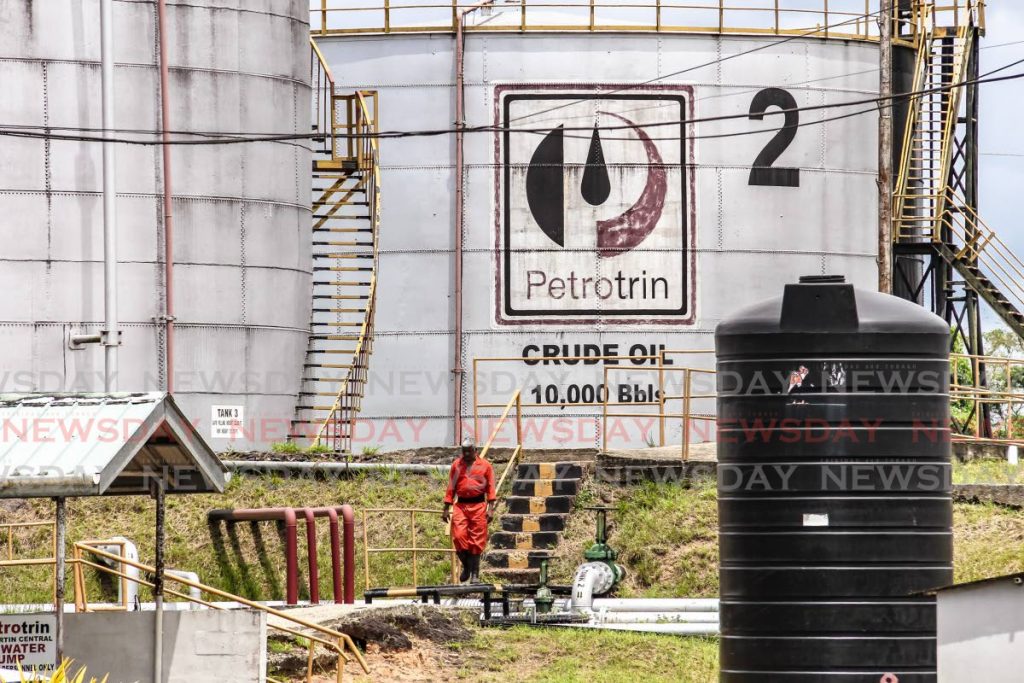TT's oil reserves increase significantly since 2012

TT’s crude oil reserves have increased significantly since the last audit in 2012. The audits are done in five/six-year cycles and the Ministry of Energy on Wednesday announced the results of the 2018 audit done by Texas-based consultants Netherland, Sewell and Associates Inc.
All categories considered – proven, probably, possible, contingent and prospective – saw marked increases since the last audit. Proven crude oil reserves as at December 31, 2018 are 220.1 million barrels, a 10.3 per cent or 20.6 million barrel-increase since January 1, 2012.
Probable reserves (less likely to be recovered than proven, but more likely than possible) were up by 16.6 per cent to 99.7 million barrels and possible reserves were up 8.5 per cent to 135.5 million barrels. Contingent reserves (within known deposits and considered potentially recoverable but not commercially recoverable) were up 17.2 per cent to 68 million barrels.
Energy Minister Franklin Khan said these reserves were in well-known fields like Penal and Barrackpore and that technical, geological and economic hurdles needed to be overcome for these reserves to be promoted to the proven reserves category. The biggest jump came from the prospective reserves, which the Minister acknowledged was in part due to the deepwater data and exploration activity by BHP. In 2015, soon after winning big in the first ever deepwater bid round in TT, BHP set out to do what was then the largest ever deepwater seismic analysis in the world in TT. Khan said that this data increased the potential of prospective resources. The NSAI audit gave a best estimate of unrisked prospective resources (a range of the resources that could be recovered depending on discovery and development) of 3.2 billion barrels of oil, up 773 per cent from 2012.
“This notable resource estimate would not be possible without the achievements of BHP and its partners, Shell, in acquiring, processing and interpreting the prospects in the southern deepwater blocks,” Khan said.
He noted that the drill ship, Invictus, commissioned by BHP to drill deepwater explorations wells, was currently en route to TT to begin drilling what would be the deepest ever well in the country, could de-risk these prospective resources (possibly open them up for production).
“That will be tremendously good news for TT. Prospective reserves are not proven reserves. If you drill these prospects and they are successful, your reserves will ramp up significantly. The potential is there but you must have the investment, technology and human resources to move it from prospective into proven – and (I think) we have this in TT. We have credible and world class operators in deepwater, especially with BHP and its partners BP and Shell. Based on that alone I think TT is well-positioned for some quite positive results in the short and medium terms,” Khan said.


Comments
"TT’s oil reserves increase significantly since 2012"